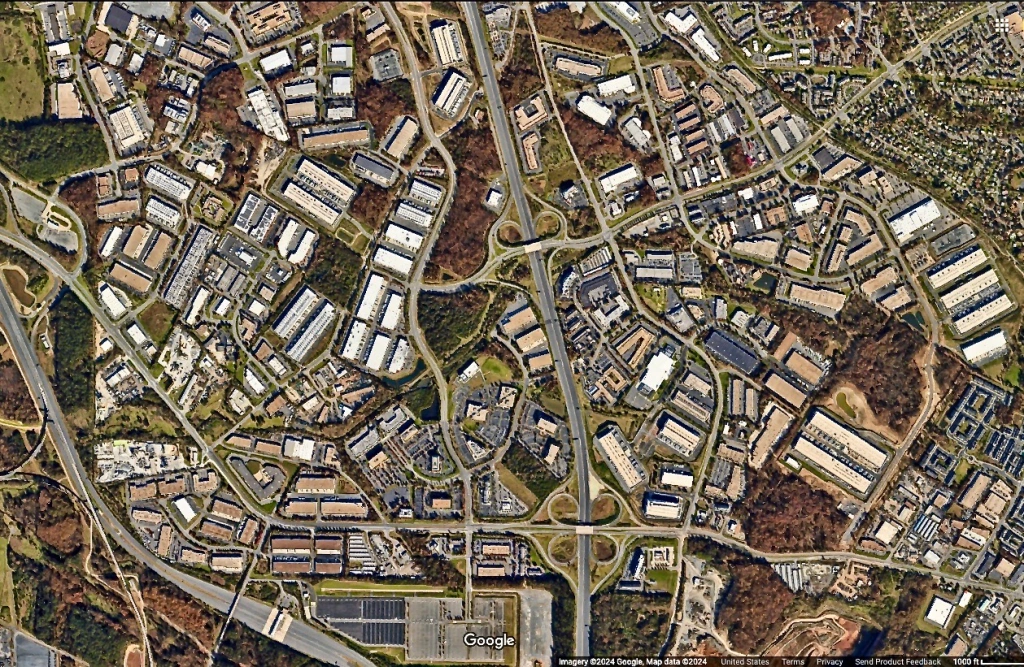The recently released Joint Legislative Audit and Review Commission (JLARC) report on Virginia’s data center industry underscores the immense economic, energy, and environmental implications of this growing sector. For executives in the data center industry responsible for capacity development decisions, this report offers critical insights into how Virginia’s current market dynamics, infrastructure, and policy environment might influence future expansion strategies.
Key Findings on Data Centers in Virginia
Economic Impact
- Construction-Driven Growth: Data centers contribute significantly to Virginia’s economy, with 74,000 jobs, $5.5 billion in labor income, and $9.1 billion in GDP annually. However, most of these benefits stem from the construction phase, with 80% of economic impact tied to building new facilities rather than ongoing operations.
- Tax Revenues: In counties like Loudoun and Prince William, data centers contribute between 7% and 31% of total local tax revenues, largely through business personal property and real estate taxes.
Energy Challenges
- Soaring Demand:The data center boom is the primary driver behind an expected doubling of Virginia’s energy demand over the next decade. Meeting even half of this demand will require unprecedented investments in power generation, transmission, and renewable energy projects.
- Cost Risks: Energy infrastructure expansions to support data center growth may increase energy costs for residential and non-data center customers. By 2040, residential bills could rise by $14–$37 per month.
Environmental and Community Considerations:
- Water and Noise Impacts: Data centers are generally sustainable in water use but may require stricter management as growth continues. Noise pollution near residential areas also poses challenges, with potential for stricter zoning and sound regulations.
- Policy Changes on Tax Incentives: The state’s sales tax exemption for data center equipment is a critical factor in Virginia’s competitiveness but is set to expire in 2035. Adjusting or extending this exemption could balance economic benefits with concerns over energy and environmental impacts.
Implications for Development in the Virginia Market
For executives planning new data center capacity in Virginia, the JLARC report highlights several strategic considerations:
Site Selection Beyond Northern Virginia
- Northern Virginia remains the world’s largest data center market, but rising land costs, regulatory hurdles, and community opposition are pushing development into emerging areas like the Richmond region and along the I-95 corridor.
- Economically distressed areas such as Southwest Virginia offer untapped potential for AI-focused data centers, which require less proximity to end users but depend heavily on prepared industrial sites with robust power infrastructure.
Navigating Energy Constraints
- Companies should anticipate delays or higher costs associated with energy infrastructure expansion. Collaborating with utilities and regulators to prioritize renewable energy adoption and demand response programs may mitigate risks.
- Localized energy solutions, including on-site renewable generation and battery storage, could also enhance operational resilience and align with Virginia’s Clean Economy Act goals.
Leveraging Policy and Incentives
- Advocating for adjustments to the state’s sales tax exemption policy—such as extending it or tying it to energy efficiency standards—could ensure continued cost competitiveness while addressing community and environmental concerns.
- Engaging in proactive dialogue with local governments on zoning, sound modeling, and water use policies can smooth project approvals and bolster community relations.
Conclusion
Virginia’s data center landscape is at a critical juncture. While the state continues to offer unparalleled advantages in connectivity, workforce expertise, and tax incentives, energy and community challenges must be addressed to sustain long-term growth. Executives evaluating Virginia for new capacity should consider diversifying site locations, investing in renewable energy, and collaborating with policymakers to navigate the evolving landscape. By doing so, they can position their organizations to capitalize on Virginia’s continued prominence in the global data center market.
To learn more about the Northern Virginia data center landscape, please contact a member of our team.



